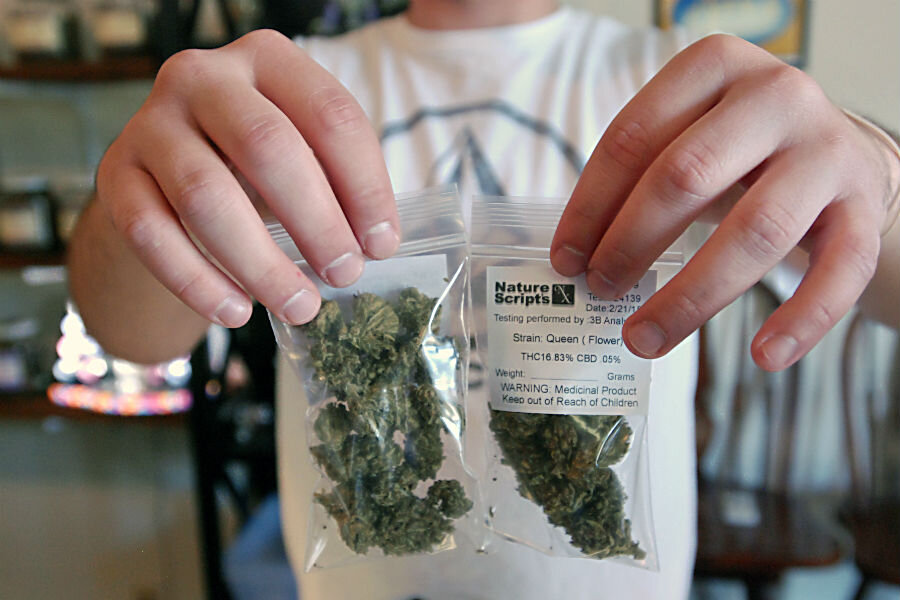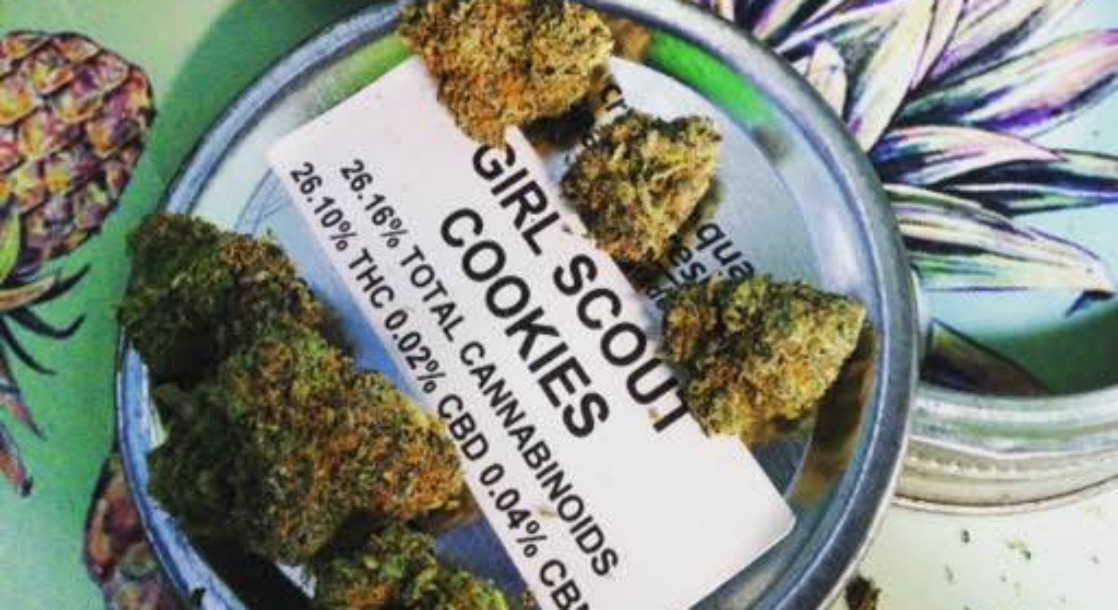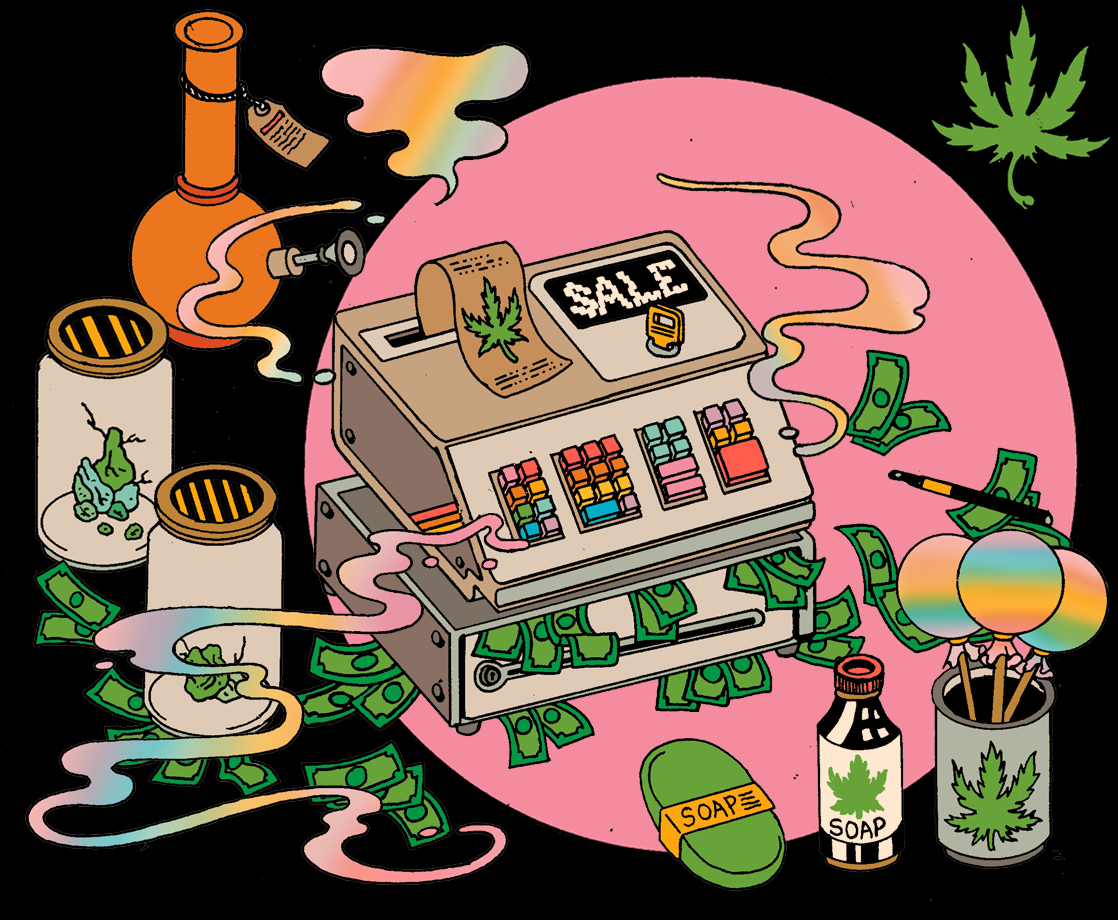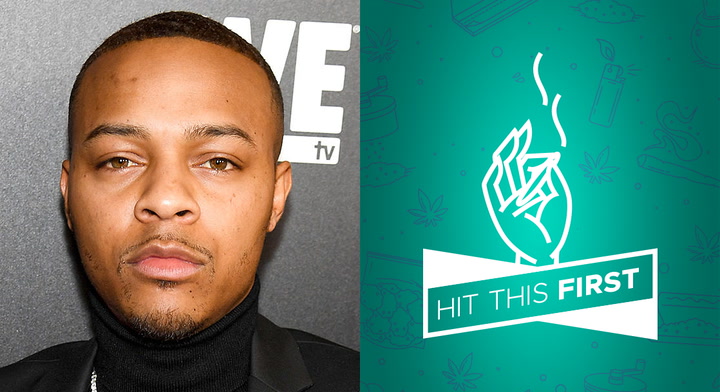A new research study has found that California dispensaries regularly refuse to sell weed to minors, further dispelling the myth that legalization makes it easier for children to access pot.
Public safety researchers from Maryland and Minnesota conducted this new study to discover if licensed California dispensaries would sell weed to underage patrons. To conduct the experiment, researchers recruited several young adults who could pass for minors and asked them to visit 50 adult-use cannabis shops in California. These “pseudo-underage” patrons then attempted to enter these dispensaries without presenting an ID or other proof of age.
The investigative team was able to visit 47 of the randomly-selected pot shops; the remaining three were medical-only or out of business. Every single one of the adult-use retailers asked the undercover researchers to show their ID before allowing them to enter their facilities. And when the fake minors refused to present valid ID, every single dispensary refused them access.
“It appears that licensed California recreational marijuana outlets avoid selling marijuana to underage customers,” the study, which was recently published in the Journal of Safety Research, states. “One reason could be a strong incentive for recreational marijuana outlet owners and managers to avoid being shut down for an illegal activity.”
Prohibitionists have often claimed that adult-use cannabis legalization makes it easier for teens to access cannabis. Apparently, the study authors also believed that there was some truth to this myth, because they found it “somewhat surprising that there was 100% compliance with the ID policy to keep underage patrons from purchasing marijuana directly from licensed outlets.”
The study authors recognize that their findings are completely consistent with similar research conducted in other adult-use states, though. In a 2016 study, undercover researchers tried to enter legal pot shops in Colorado and Washington without ID. Nearly 93 percent of Colorado retailers and 87 percent of Washington cannabis shops refused to allow them in. The following year, Colorado officials conducted a follow-up test, and found that 95 percent of adult-use dispensaries refused to allow undercover minors to enter without proper ID.
And according to the present study, California does an even better job. “It appears that licensed recreational marijuana outlets in California are checking young patrons for identification of their age,” the authors concluded. “Therefore, it is unlikely that youth are purchasing marijuana directly from these outlets. It is more likely they are using other sources, such as asking an adult to purchase it for them, obtaining it from older friends or siblings, and using it at parties where the marijuana use might be shared.”
Other research shows that teens living in adult-use states are less likely to even try to obtain pot at all, though. Federal surveys have found that underage cannabis use has been declining much faster in adult-use states like Colorado than in prohibition states like North Dakota. A variety of other research has confirmed that rates of teen cannabis use have fallen considerably in adult-use states or countries, suggesting that legalization is indeed the most effective way to keep weed out of the hands of children.











